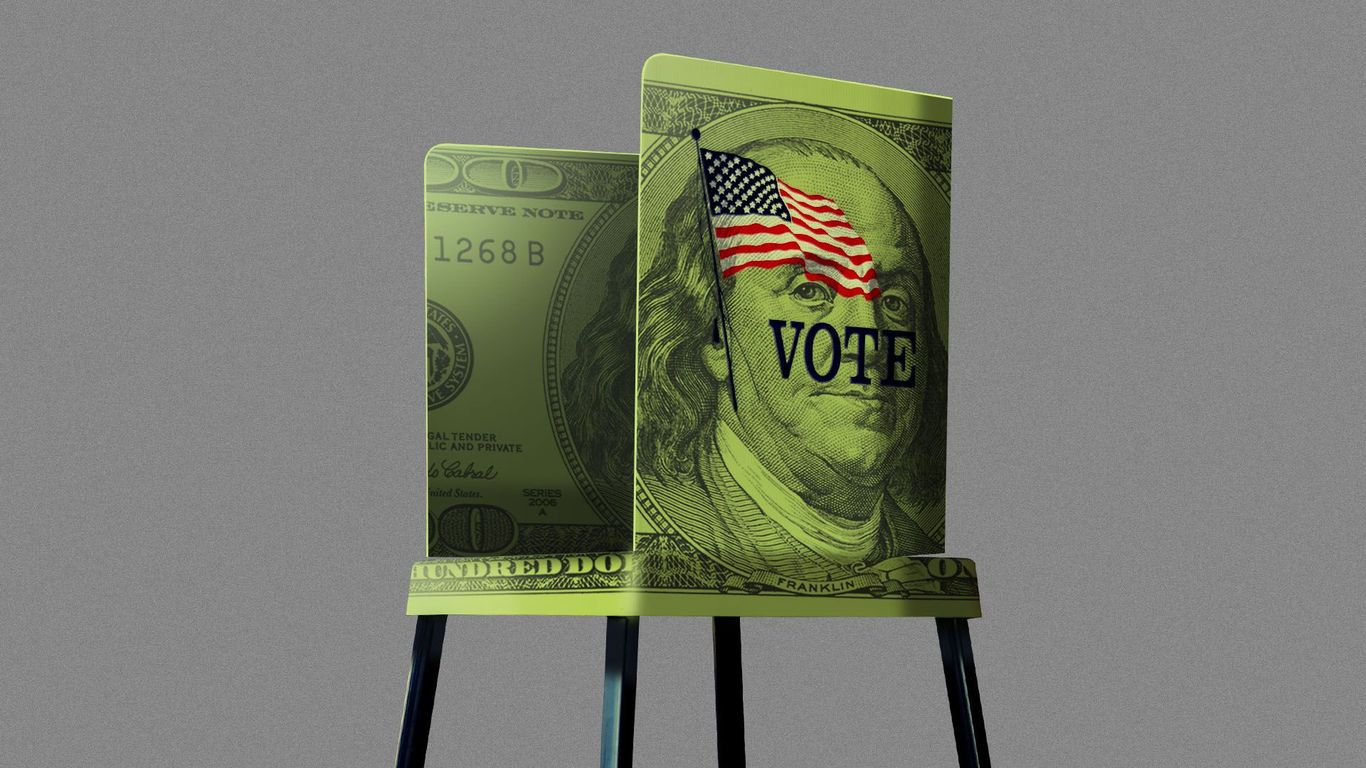basquebromance
Diamond Member
- Nov 26, 2015
- 109,396
- 27,009
- 2,220
- Banned
- #1
China and Russia will have a field day

 www.axios.com
www.axios.com

FEC allows foreign money in U.S. referendum campaigns
Foreign donors can now allowing them to support ballot committees.
